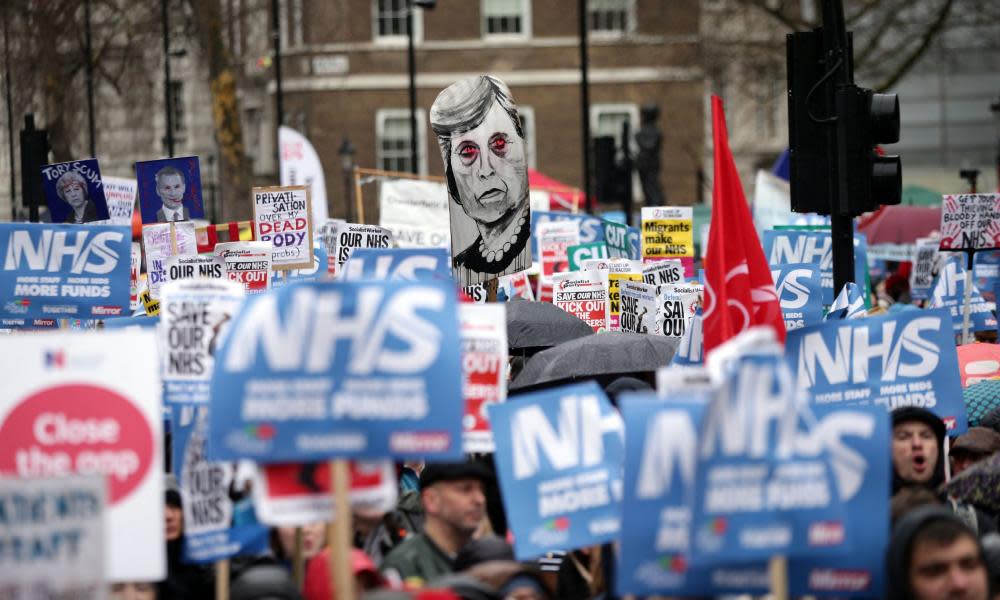Brexit has silenced those who want to break up the NHS

Last week, one of the country’s most senior doctors explained over lunch how he had reluctantly come to believe that scandalous underfunding, catastrophic understaffing and the service’s resulting inability to deal properly with the rising tide of illness mean that “the NHS is dying”.
Certainly there is plenty of evidence of stress and overburdening – long A&E waiting times, dangerous bed occupancy rates and delays in treatment are testament to that. But in the year that the NHS celebrates its 70th birthday, reassuringly few people think the health service has had its day.
Voters blame ministers rather than the service itself for its inability to be good all the time
At a recent private discussion co-hosted by the King’s Fund and pollsters Ipsos Mori as part of a major joint research project on the public’s relationship with the NHS, a roughly representative sample of the population was asked which statement most closely captured their views: the NHS remains crucial to British society and we should do everything we can to maintain it, or the NHS was a great project but one that probably cannot be maintained in its current form. About 75% chose the former, in line with the 77% who did so in more scientific polling undertaken by the two organisations last autumn.
Although last month’s latest British Social Attitudes survey results shows a big drop in public satisfaction with the NHS, voters blame ministers rather than the service itself, and especially not its beleaguered staff, for its inability to be good all the time.
Unexpectedly, Brexit is protecting the NHS from malign political moves – by having a pledge for £350m for the NHS emblazoned on its battlebus, leave campaigners have ensured the argument is about how to get more money for the health service, not break it up.
There is growing public support for a hypothecated tax to give the NHS more money, an idea the government is now seriously considering. Despite the mindset among some Tories that extra money for the NHS is like pouring water on to sand, the government has stuck its hand in its pockets. The budget in November 2017 saw the chancellor give the NHS an unplanned £2.8bn rise over two years, while last week’s spring statement hinted at more to come this autumn. Health union leaders hope they have the broad outline of a deal that is sellable to their members but fear that a grassroots revolt against giving up a day’s holiday in return for a payrise could scupper any prospect of an agreement. The voices in Westminster that advocate irrevocably changing the NHS’s unique taxpayer-funded model are silent, for now at least. That is a birthday gift worth receiving.
• Denis Campbell is the Guardian’s health policy editor

 Yahoo News
Yahoo News 
